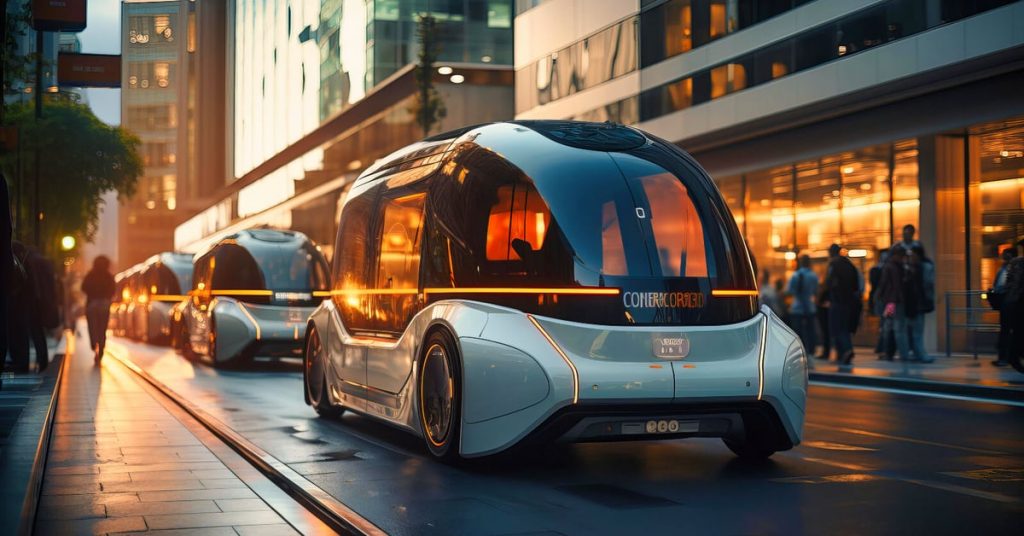
Discover how electric cars are transforming the way we travel and their role in shaping a sustainable future of transportation.
Electric cars have emerged as a revolutionary force in the automotive industry, offering a sustainable and efficient alternative to traditional gasoline-powered vehicles. With advancements in technology and a growing focus on environmental conservation, electric cars are rapidly gaining popularity and are poised to become the future of transportation.
In recent years, there has been a significant shift towards electric vehicles (EVs) as key players in the automotive market. Companies such as Tesla, Nissan, and Chevrolet have made substantial investments in electric car technology, driving innovation and pushing the boundaries of what is possible.
Electric cars offer a range of advantages over traditional vehicles, making them an appealing choice for environmentally-conscious consumers. Some key benefits of electric cars include:
- Zero Emissions: Electric cars produce zero tailpipe emissions, reducing air pollution and combating climate change.
- Cost Savings: Electric vehicles have lower operating costs compared to gasoline cars, with savings on fuel and maintenance expenses.
- Energy Efficiency: Electric cars are more energy-efficient as they convert a higher percentage of energy from the grid to power at the wheels.
While electric cars offer numerous advantages, there are also challenges that need to be addressed for widespread adoption. Issues such as range anxiety, limited charging infrastructure, and battery concerns have been barriers to the mass acceptance of electric vehicles.
However, advancements in battery technology, increased investment in charging infrastructure, and government incentives are actively addressing these challenges. Companies are developing fast-charging solutions, extending the range of electric vehicles, and increasing the availability of charging stations to make electric cars more convenient and practical for consumers.
Electric cars play a crucial role in reducing carbon emissions and combating climate change. By transitioning from fossil fuel-powered vehicles to electric cars, we can significantly decrease greenhouse gas emissions and lessen our impact on the environment. The shift towards electric vehicles is a pivotal step in creating a sustainable future and preserving the planet for future generations.
Government support and policies play a vital role in promoting the adoption of electric cars and driving the transition to sustainable transportation. Many countries around the world offer incentives such as tax credits, rebates, and grants to encourage the purchase of electric vehicles.
In addition, governments are implementing regulations to reduce emissions and promote the development of electric vehicle infrastructure. By working in collaboration with industry stakeholders, policymakers are paving the way for a future where electric cars are the norm rather than the exception.
Electric cars are poised to revolutionize the way we travel, offering a cleaner, greener, and more sustainable mode of transportation. With ongoing technological advancements, increased public awareness, and a shift towards eco-friendly practices, electric vehicles are positioned as the future of transportation.
As electric cars continue to gain momentum, they are reshaping the automotive industry, driving innovation, and transforming the way we think about mobility. The electrification of transportation represents a significant step towards a more sustainable and environmentally-friendly future for all.